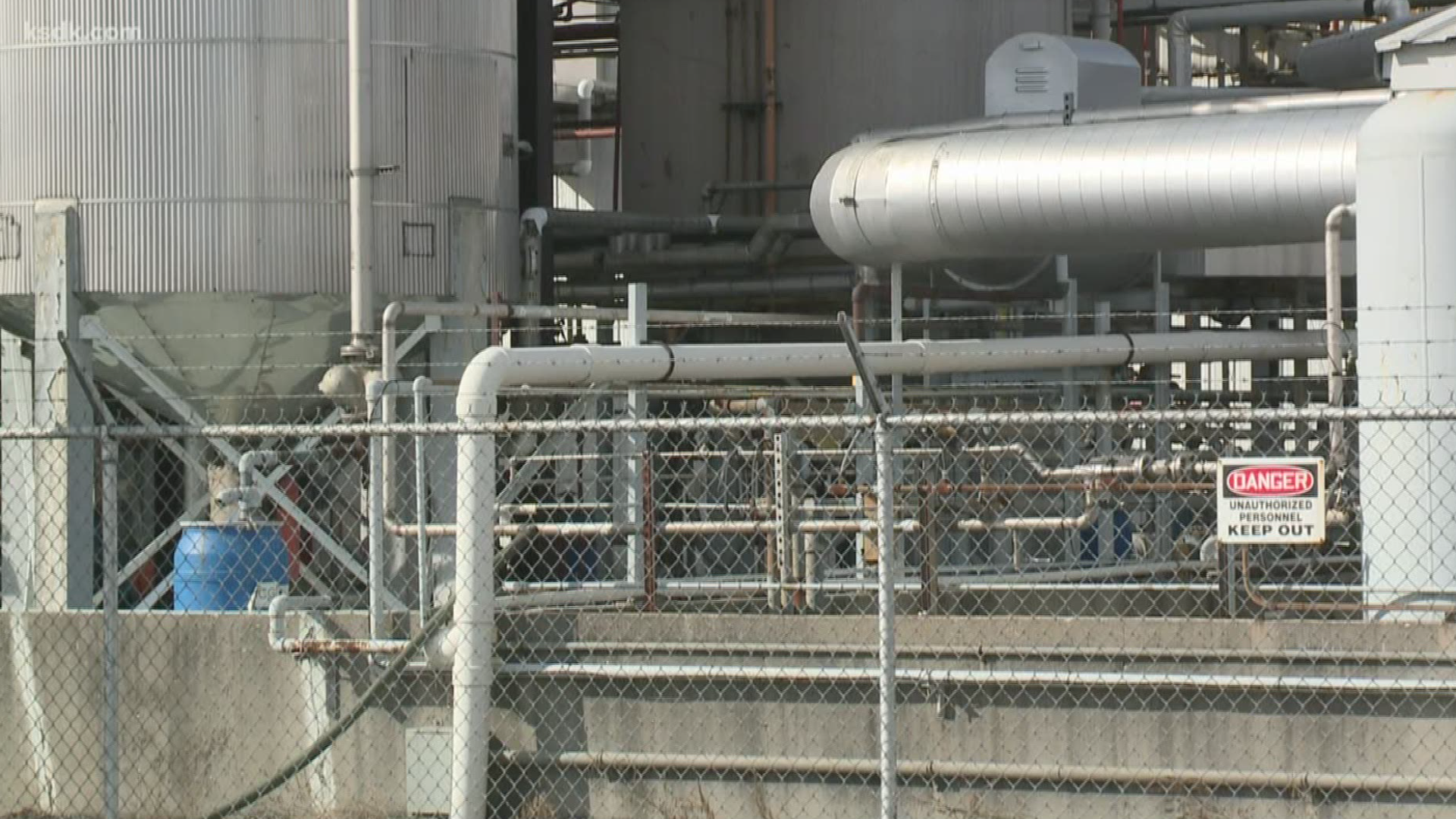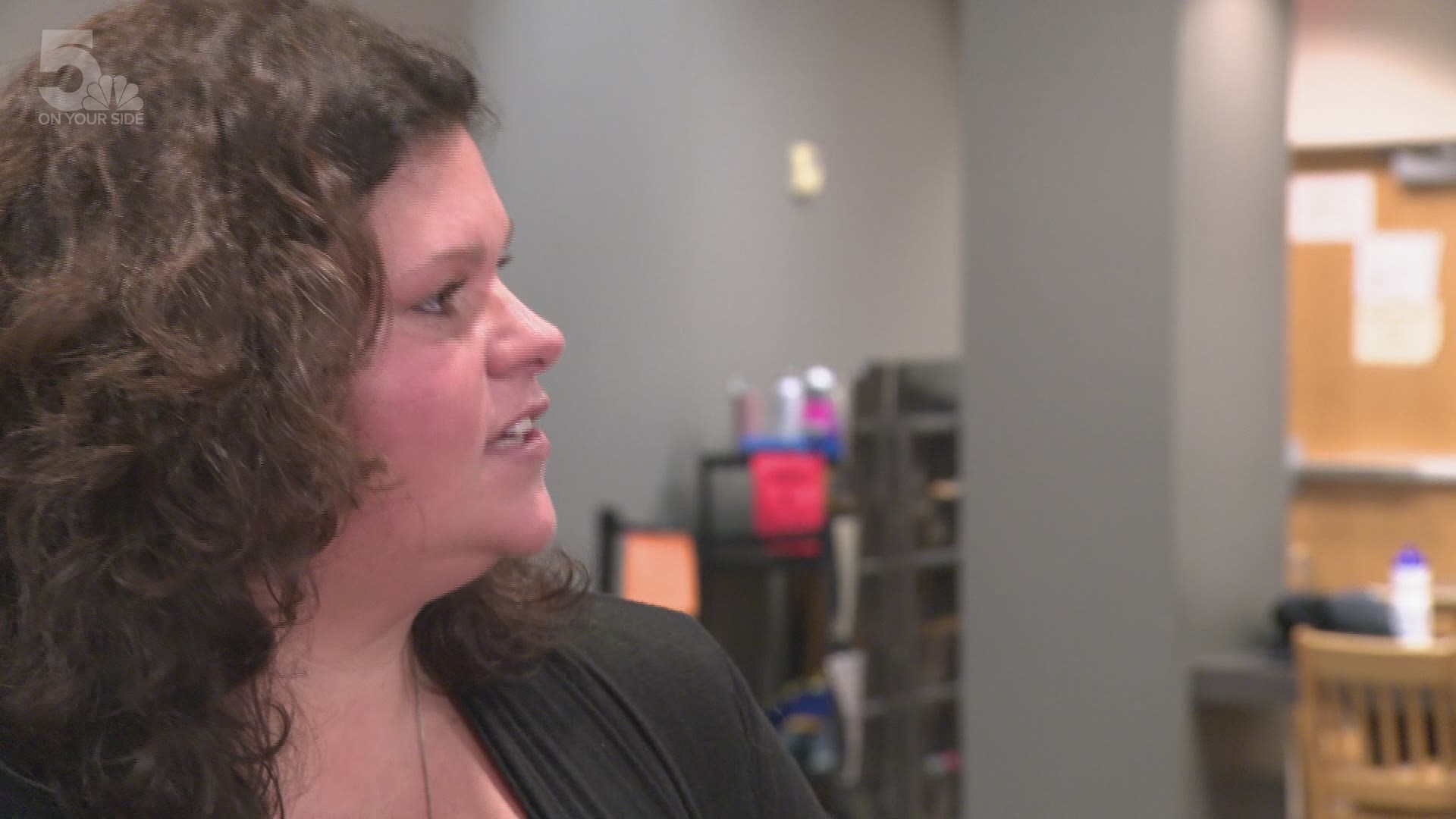SAUGET, Ill. — A federal investigation is underway to determine whether a waste incinerator in Sauget, Illinois, is harmful to people and the environment.
The Agency for Toxic Substances and Disease Registry, an arm of the Centers for Disease Control, launched the investigation at the request of U.S. Senator Tammy Duckworth of Illinois.
“The people of Sauget deserve a full investigation into the potential health concerns stemming from the weakening of pollution controls at a local waste facility and I’m encouraged by the announcement of a federal review of this very serious problem,” said Duckworth in a statement. “I’ll continue working to get to the bottom of it and I’m pleased the federal government will engage with Illinois EPA and the Illinois Department of Health to gather and review data.”
The waste incinerator is owned and operated by Veolia North America. According to the company’s website, the incinerator is used for “active hazardous waste management”.
Mamie Cosey and her family live in East St. Louis, about a quarter-mile from the waste incinerator. She said the emissions from the plant are making them sick.
“My younger child, he has asthma,” Cosey said. “My oldest daughter has sinus problems and myself, I have respiratory problems. You can't know how much it makes me feel that someone is listening to my voice that they’re going to do something helping all of the community.”
A company spokesperson sent the following statement:
“We welcome the CDC’s assessment and look forward to assisting in their fact-finding because the reality of this situation is clear: the record of environmental compliance at the Sauget facility is beyond reproach. Veolia assumed operations at the plant in 1999 and for more than ten years, the facility has never received a final notice of violation. This summer the EPA endorsed the facility’s record by granting a final Clean Air Act permit. Contrary to the concerns expressed about relaxed pollution controls, we have in fact increased emission controls at the site, including the carbon injection system. Levels have not increased and we are well below allowed thresholds.”


